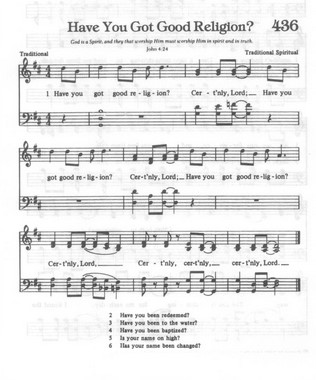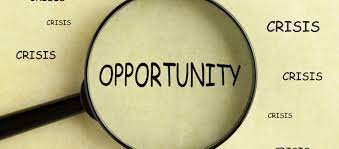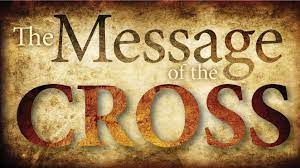Suffering is part of life
I know you probably don’t want to hear this, but suffering is part of living in this fallen world. Suffering is the state of undergoing pain, distress, or hardship. As humans, we continually look for every possible way to either avoid suffering or move through suffering as quickly as possible.
As we discussed last week, Satan introduced sin in the Garden of Eden (Gen. 3:16-19). Suffering is a natural consequence of sin. However, we often direct our frustration, not at its source, sin, but instead we ask, “Why did God let this happen?”
However, if we look behind the pain, distress, or hardship, we will discover “the lust of the flesh, and the lust of the eyes, and the pride of life” (1 John 2:16). These things make up “the world system” that is at enmity with God. Take a moment and reflect on the latest sufferings. Even the extreme weather can now be attributed to man’s abuse of the ecology.
Our theology shapes our view of suffering
Our theology of suffering is shaped by our understanding of who God is. It is important to know who God is and conversely, who He is not. While God IS all powerful, all knowing, and everywhere present, God does not exist to act as our Superman, or Wonder Woman, or Batman—running from here and there stopping evil.
God is the rightful ruler and authority over His universe (Col. 1:16). His divine plan of salvation and redemption of mankind is constantly at work. God is the sure foundation on which we can stand in times of uncertainty and times of suffering (Hab. 3:17-19).
Our trust in God shapes our view of suffering
Trust in God is another key factor that shapes our theology of suffering. In review of the biblical record, there are many incidents of suffering—pain, distress, or hardship. Incidents which required the Lord God to show Himself strong on behalf of His people. Sometimes God would remove the object of suffering. More often, however, God allowed the suffering to continue to grow the believer’s trust and faith in Him (2 Cor. 12:7-10).
In his letters to the new churches, the Apostle Paul often spoke of the need to trust and believe God, regardless of their current suffering.
And we know that God causes everything to work together for the good of those who love God and are called according to his purpose for them. (Rom. 8:28, NLT)
All of this is for your benefit. And as God’s grace reaches more and more people, there will be great thanksgiving, and God will receive more and more glory. That is why we never give up. Though our bodies are dying, our spirits are being renewed every day. For our present troubles are small and won’t last very long. Yet they produce for us a glory that vastly outweighs them and will last forever! (2 Cor. 4:15-17, NLT)
Our worldview shapes our view of suffering
Our worldview—our beliefs, values, and behavior—also influences how we view suffering. Many of us believe that we are in control of the events and circumstances in our life. We go to great efforts to manage and manipulate those things, which we feel, are in our control. That, however, isn’t always true. Remember COVID 19?
The Preacher (King Solomon) makes this assessment of “control” in Ecclesiastes 9:11. Regardless of personal capacity or ability—speed, strength, wisdom, cleverness, or skill, “time and chance” happens to us all. Suffering nullifies both personal capacity and ability.
Believers operate from a different worldview. We operate from God’s “Kingdom” worldview. As followers of Jesus Christ, we are citizens of God’s Kingdom, though we “temporarily” reside on earth (Phil. 3:20). This view acknowledges the reality of sin and suffering but offers an “alternate” response to the suffering we face.
The kingdom view recognizes that:
-
- God always loves and cares for His children (Ps. 23).
- God sovereignly rules over the universe (Ps. 103:19).
- God is always with and for us (Gen. 28:15; Matt.28:20).
Holding this view, we are able to persevere and live confidently even amid suffering.
Conclusion
Suffering is a reality of living. We will be better equipped to deal with suffering when our theology is correct. It begins with: (1) the correct view of God, (2) placement of trust in the “right” Person (The Triune God), and (3) an “eternal” Kingdom worldview.
Next week we will look at suffering: its purpose and possibilities.










